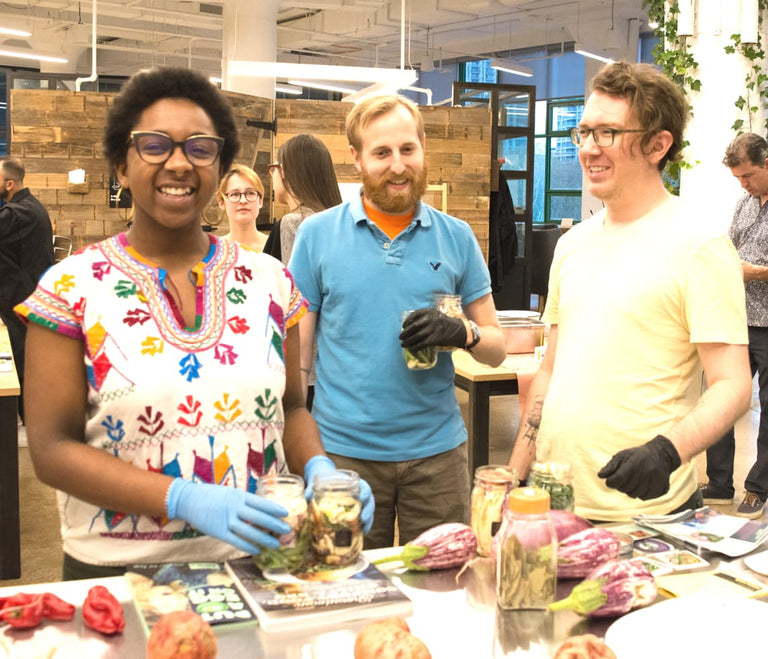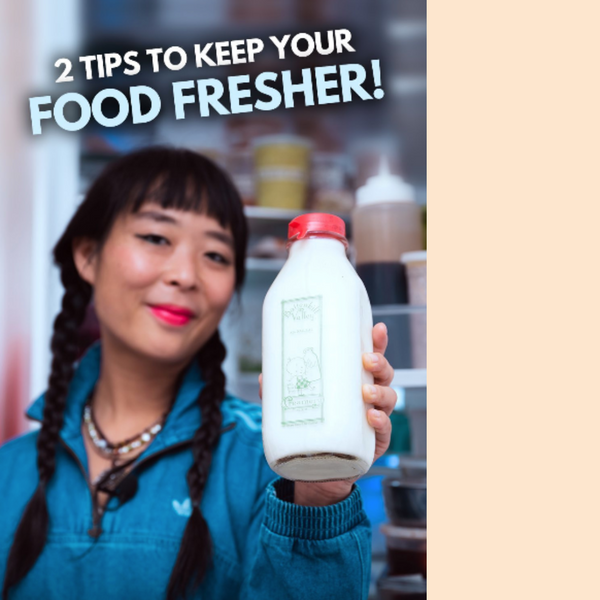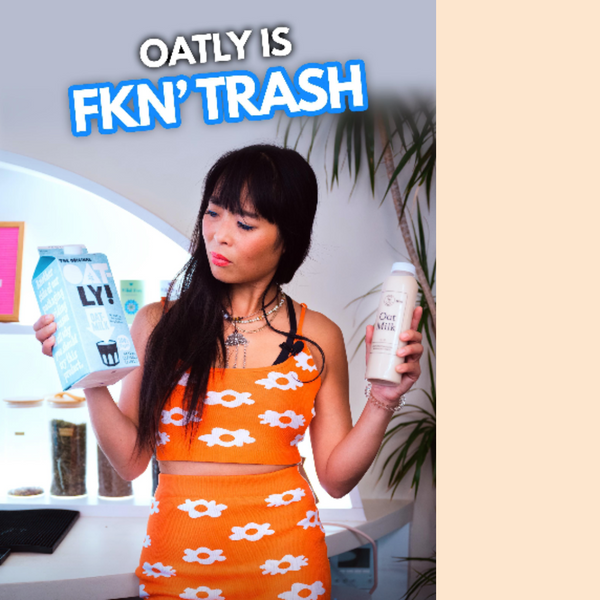How to Avoid Greenwashing
Greenwashing 101
For consumers, greenwashing is all around us, and although we might not always notice it, this harmful process is more common than we might think. In a nutshell, greenwashing occurs when companies provide false environmental information about a product, misleading its customers into thinking they are making an environmentally friendly purchase, when in reality, they aren’t. Such false advertising is meant to subtly deceive consumers into believing products are ethical and sustainable, although these claims are often unsubstantiated, and sometimes outright false.
After noticing the growing consumer demand for environmentally friendly products, many companies began to capitalize on the public interest in “green” goods, and it turns out this decision was a quite profitable one. One report from Nielsen Global Corporate Sustainability found that 66% of global consumers are willing to spend more on sustainable brands. It’s true: not only do consumers value sustainability, but we’re willing to spend the extra dollar or two to achieve it, more often than not. Taking advantage of shoppers’ goodwill, plenty of companies have greenwashed their products, and suffice to say, marketing experts are only getting better at it. Labels are becoming more convincing and more ambiguous, making it easier and easier to be bamboozled.
Think about it. Ever reached for 100% natural juice because it seems healthier? You might be surprised to find out that even these so-called 100% natural juices are not so natural. In order to store juice for long periods of time, oxygen is removed from the juice. It may seem harmless, but according to Karen Mathis from the Florida Department of Citrus:
“During processing, natural components such as orange aroma, orange oil from the peel, and pulp may be separated from the orange juice. After the juice is pasteurized, these natural orange components may be added back to the orange juice for optimal flavor.”

It’s not just juice either. Nestle, one of the world’s largest food and beverage companies, was accused of greenwashing in 2019 in a class action lawsuit. Calling its cocoa beans “sustainably sourced,” Nestle has since been called out for helping drive massive deforestation in West Africa. Further, plaintiffs claim the cocoa comes from farms that use child and slave labor and that there are almost “no environmental standards in place.” Nestle published this vague statement in response, making loose promises though conceding with the fact that “it is difficult to remove the risk” from production. Sounds sustainable, right?
To avoid being misled by marketing tactics like these, we’ve put together some of the most effective techniques for outsmarting advertising schemes and avoiding greenwashing once and for all:
Beware of Buzzwords!
Words like “all-natural,” “non-toxic,” and “biodegradable” draw us in. Phrases like these make us feel good about our purchases, both in how we impact the environment and ourselves. It feels like the right choice, oftentimes. But don’t be fooled. Common examples of greenwashing with no backing include packaging that contains buzzwords such as: “local,” farm-fresh,” “hand-picked,” “cage-free,” “grass-fed,” and a bunch of other phrases that are associated with health and environmental well-being. These words, according to most national regulations, do not require verification and can be included in packaging without truth, making them common freebies found on most packaging. In fact, the only government-administered label that addresses farming practices to ensure that a product is produced without synthetic pesticides, herbicides, or fertilizers, and that it is GMO-free is USDA Certified Organic.
Do the Research!
The best thing we can do for ourselves as consumers is make sure we’re well-informed. Read the fine print! Sometimes, all the information we need is right on the box itself in that small, small lettering. Does the ingredients list feature tons of hard-to-pronounce chemicals? Chances are, it’s not “all-natural.” Minimalist packaging is a good sign, but even that doesn’t mean a product is green for sure (even boxed water is lined with plastic!). Because it can be difficult to trust the information some companies provide, we recommend doing outside research. Checking into products on websites and publications which are not affiliated with the products being purchased is a smart move, in this case.
Sources like these tend to be more truthful and direct, whereas product sites tend to use confusing language and few facts. Sites like HowGood, OurGoodBrands, and the Eco Label Index as well as hashtags like #stopfakegreen offer a wealth of information and can be helpful tools for spotting greenwashing. These sites offer unambiguous language and specific detailing into just how green these products are. But, be sure to check the certification of these outside sources, as even these can be unreliable.
Join the Movement!
Throughout the nation, anti-greenwashing movements are taking hold and gaining massive support from consumers and producers alike. Connecting with the people who grow the food we purchase is the first step toward avoiding greenwashing, which is often best achieved through focusing our funds to small-to-mid-sized companies that face fewer compliance risks. Knowing where, how, and with what our food is grown is never a bad thing, trust us. This is why farm-to-table organizations and other local food providers like Local Roots are so important to abolishing greenwashing.
TL;DR?
Greenwashing is everywhere. It might seem like there’s no escaping it, but that’s far from true. Be aware of buzzwords and non-regulated terms like the ones mentioned above; these mean next to nothing in most cases. Double check all environmental and health-related claims with separate sources unaffiliated with the producer in question. Look for specific data. Last but not least, work towards abolishing greenwashing. Shop at smaller-scale companies that have the freedom to provide truly ethical and sustainable products. Greenwashing hurts all of us, and it’s due time we’ve done something about it—together.
Article by Local Roots Volunteer Jess Santoro (@jess_santoro)
Rather have a taste first?
Local Roots Experiences are fun, pop-up events where we bring the farm to you!

Become a Harvest Club Pick Up Location
Are you a NY based cafe, bar, or neighborhood business? Become a Harvest Club pick up location and have community members come to your establishment each week to pick up their Local Roots harvest.
Top







